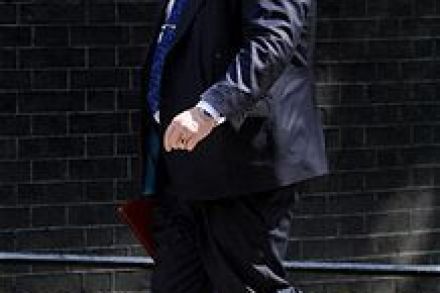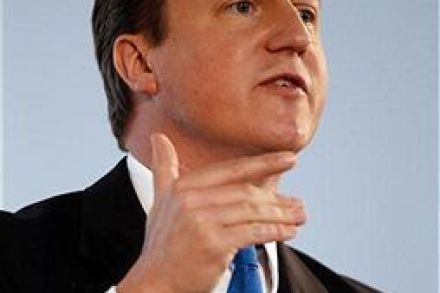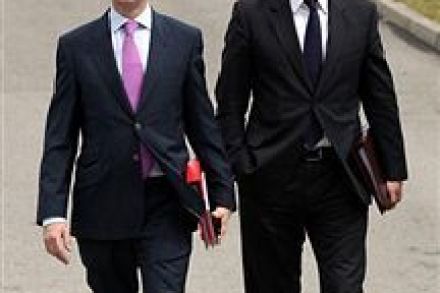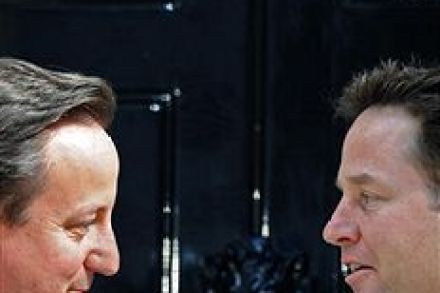Bravo, Mr Pickles
I think it’s fair to say that Eric Pickles doesn’t look like a pioneer of the Cameroonian “Post-Bureaucratic Age”. But that’s exactly what he is, as his department becomes the first to publish data on all its spending over £500. At the moment, the document provides plenty of ammunition for – rather than against – the coalition, covering as it does the financial year between 6 April 2009 and 5 April 2010. And thus we read of how, under the last administration, £17,000 was spent at a luxury hotel, £635,000 on taxis, £13,000 on Manchester United catering costs, and so on. But this isn’t just a retrospective exercise: the prospect


















